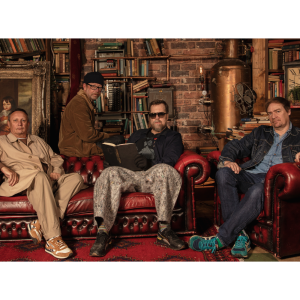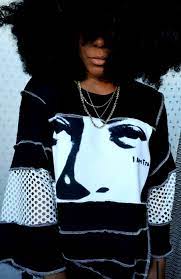After being one of the first students featured in this series in 2017, we invited Olivia Louvel to share insights into her journey since then. Olivia has since completed the BA DMSA, MA DMSA and recently completed her PhD also at the University of Brighton. She also received the Ivor Novello Award in Sound Art in 2023 for her installation LOL.
Three words that describe you as a creative person?
Voice. Sculpture. Hybrid.
When did you start working with sound and music?
I began creating strange sound objects using my voice and other ambient noises, which I recorded on a minidisc. This was in 2001. It was very fragile, and I had the courage to play it to some people—how embarrassing! But you have to start somewhere with your enthusiasm. Fortunately, this led to a fruitful encounter. At that time, I knew nothing about software; I didn’t even own a laptop. Now, I produce and mix my own work, mainly using Pro Tools and Ableton.
In what ways has the DMSA course supported or helped you to develop into who you are today creatively and professionally?
Having just completed my PhD in Art and Communication, I reflect on my journey at the University of Brighton and still find it hard to believe! I remember my first day as an undergraduate at the DMSA in 2016. The course was essential, shaping my later professional growth, particularly in sound art. I experimented with miniature speakers, connecting practical work with theory, and I learned a considerable amount––including how to solder cables! With technical support and studio space, I created sound art installations.
Can you tell us a few words about LOL?
LOL (2022) is a site-specific sonic intervention delivered through the public address system of Middlesbrough’s CCTV surveillance network, reflecting the state of political affairs in Britain at that time. It was commissioned by the art organisation The Auxiliary and produced with Kersten Glandien, artistic director of Sound Art Brighton. The audio collage addressed sociopolitical issues at the heart of British politics post-Brexit, using plundering and détournement techniques. And so, LOL was broadcast through the entire CCTV speakers at specific times over four days during Middlesbrough Art Week.
What are your plans for the near future?
I am currently finalising the project I started in Iceland during my artist residency at Skaftfell Art Centre in Seyðisfjörður. This project responds to my vocal encounter with Lukas Kühne’s site-specific sculpture on the mountainside. I recorded my voice inside the sound sculpture. Additionally, I have just been awarded an Arts Council/DYCP grant for a six-month development phase. I am incredibly grateful. I will be able to experiment with different types of miniature speakers and materials. Finally, I am very excited about the knowledge I uncovered during my doctoral research on the relationship between voice and sculpture, and I hope to share it broadly at some point.
Credit image:
Olivia Louvel setting up ‘Doggerland Channels’ at Middlesbrough Art Week. Photo by Yuhao Chen.
Some links:
LOL, a Sonic Détournement of the CCTV Surveillance Network, Leonardo, The MIT Press, 2025,
doggerLANDscape, video art, 2023, https://vimeo.com/859321630
LOL, site-specific sonic intervention, 2022, https://vimeo.com/763079960
The Sculptor Speaks, video art, 2020, https://vimeo.com/438255942












